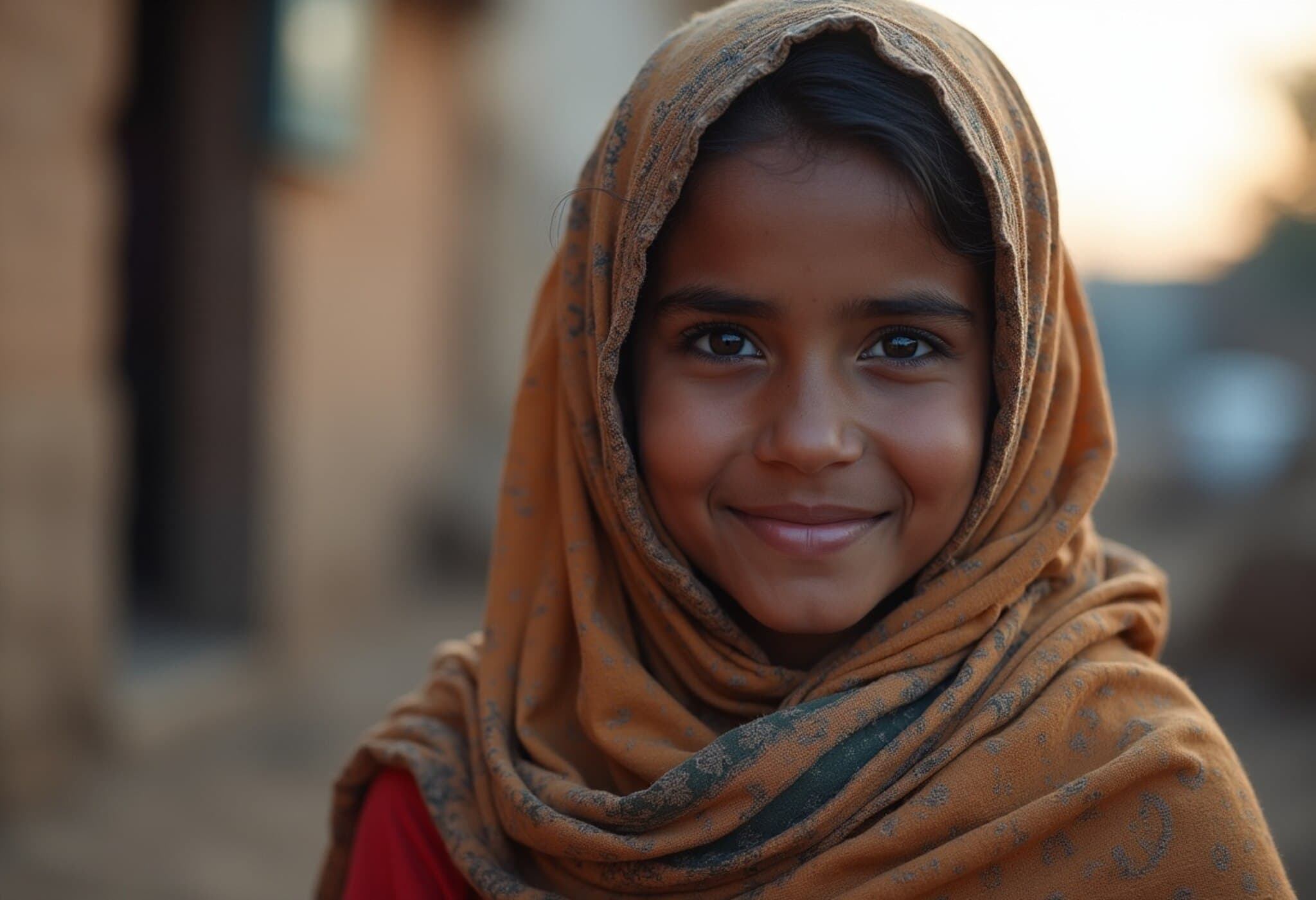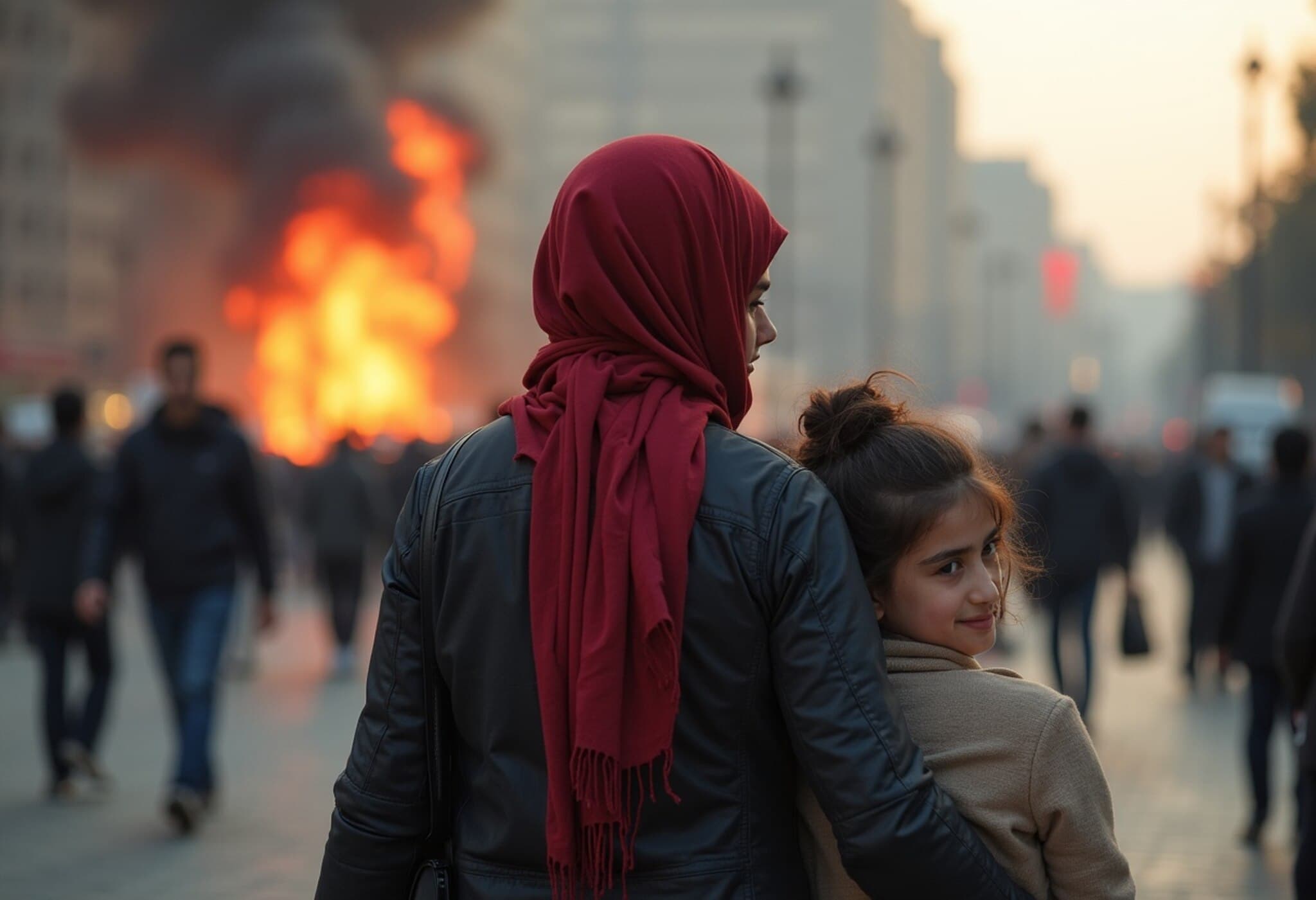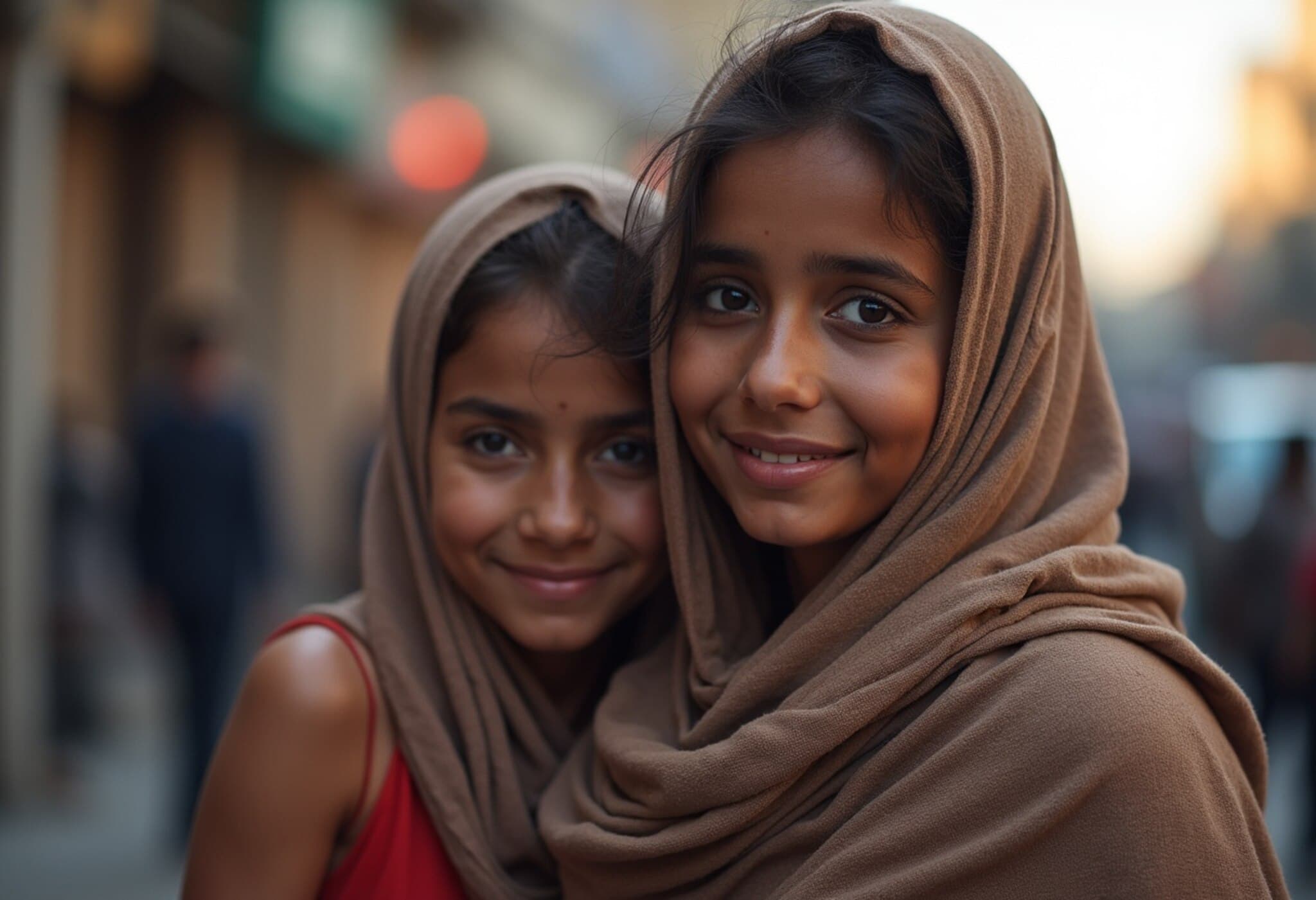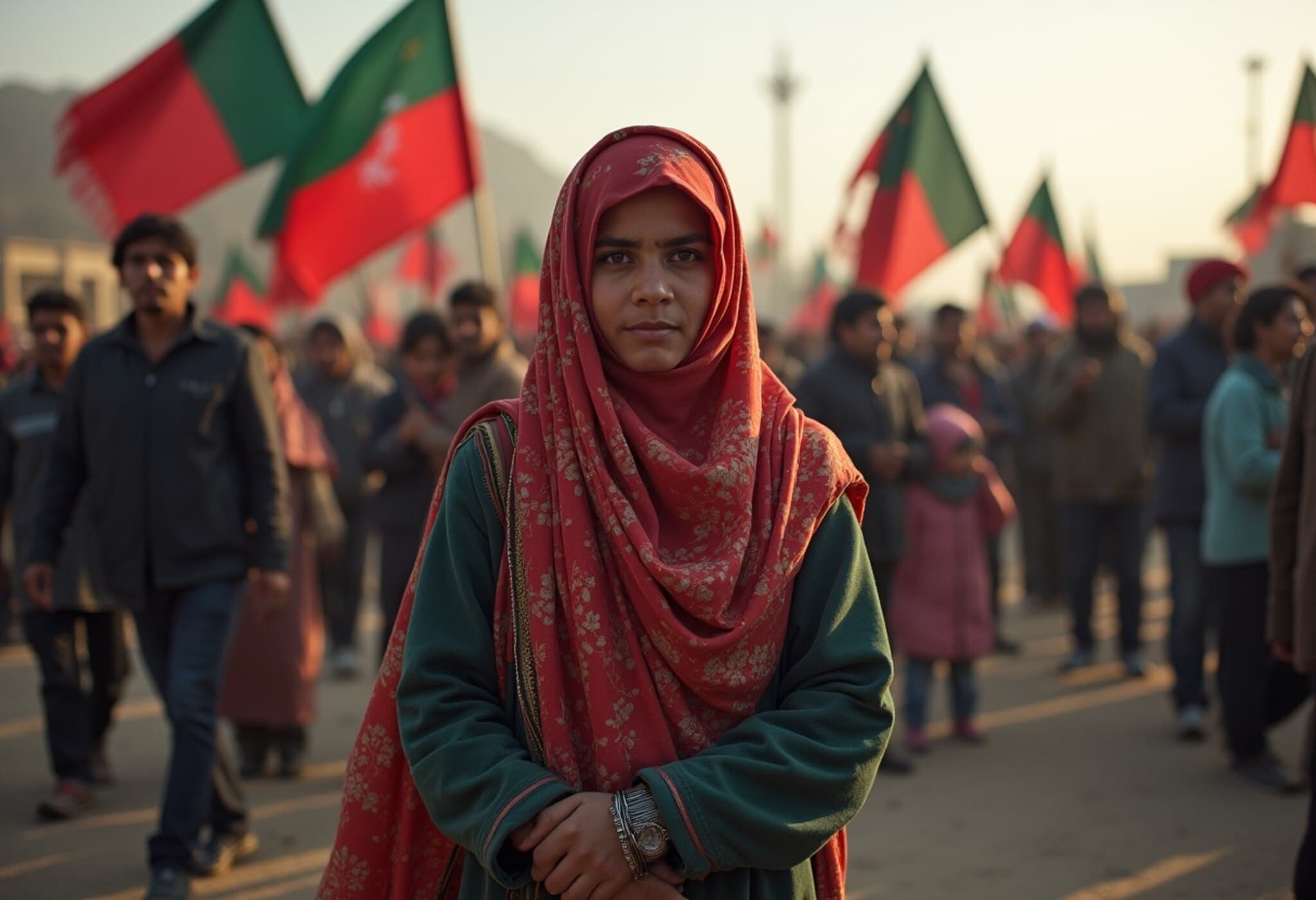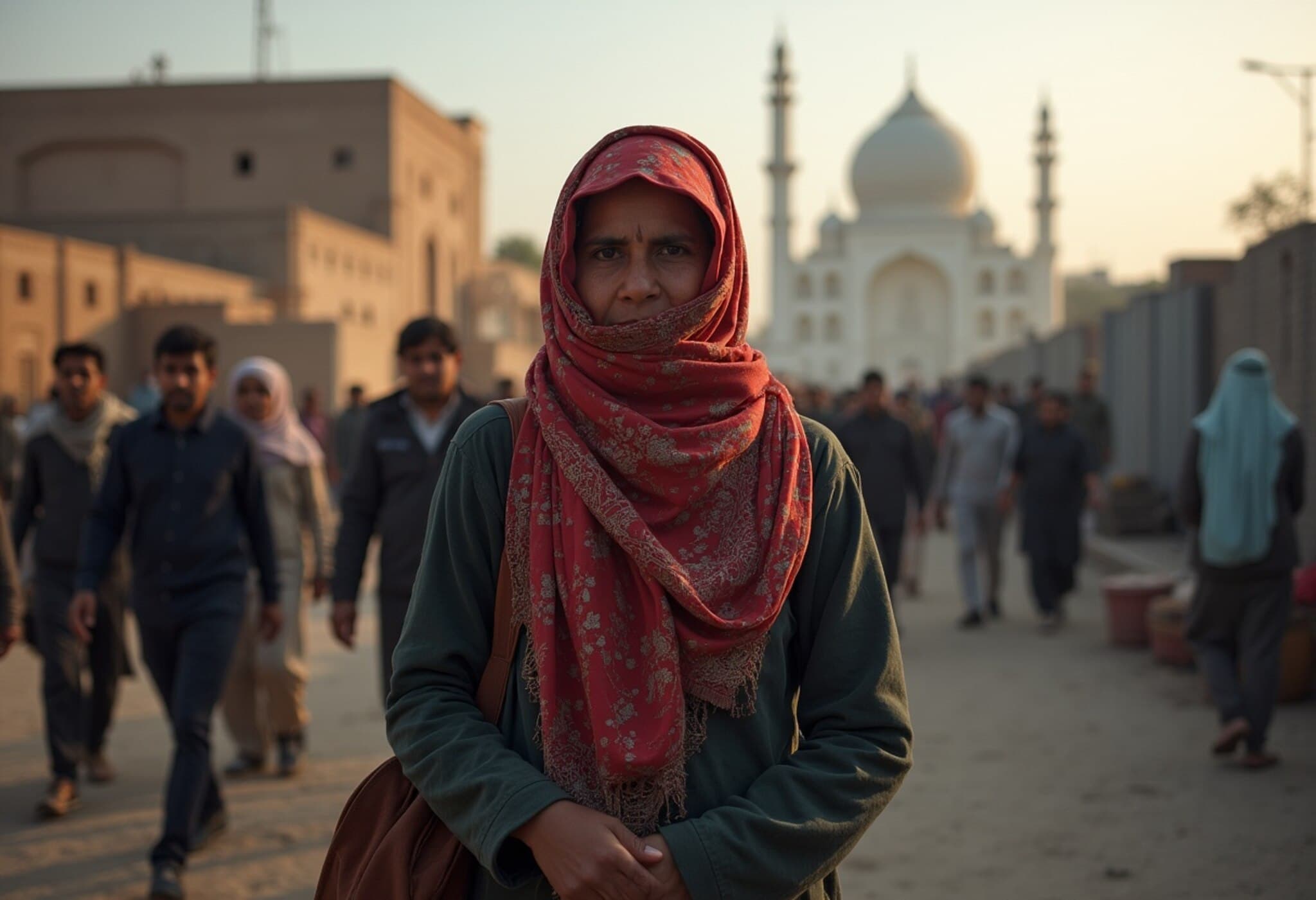UNHCR Faces Grave Funding Shortfall Endangering Millions of Refugees
The global humanitarian landscape is facing a harrowing challenge as the United Nations High Commissioner for Refugees (UNHCR) has sounded a stark warning: an estimated 11.6 million refugees could lose access to critical aid due to drastic funding cuts from major donor countries.
Funding Crisis Deepens Amid International Aid Reductions
The UNHCR’s funding conundrum is unprecedented. As of mid-2025, only 23% of the agency’s $10.6 billion budget requirement has been met, leaving a vast majority of vulnerable displaced populations at significant risk. The funding gap has largely been triggered by sizable reductions in foreign aid by traditional backers such as Sweden, France, and Japan, aggravated further by a notable decline in United States contributions.
Dominique Hyde, UNHCR’s Director of External Relations, emphasized the severity of the situation, stating, “Our funding situation is dramatic. We fear that up to 11.6 million refugees and forcibly displaced people may lose access to the humanitarian assistance provided by UNHCR.”
Growing Global Displacement Meets Shrinking Aid
This shortfall is striking at a moment when forced displacement is expanding rapidly worldwide. Conflicts, political instability, and climate-related disasters continue to push millions from their homes, demanding more robust humanitarian support rather than less.
The UN agency has reported suspending or postponing roughly $1.4 billion in aid programs, leading to cruel reductions—up to 60% in essential relief supplies—in critical regions such as Sudan, Chad, and Afghanistan.
Impact on Vital Services and Marginalized Groups
The consequences of these funding cuts are far-reaching. Fundamental services including medical care, education, shelter, food distribution, and personal security are being severely curtailed.
Women and girls are disproportionately affected. UNHCR has been forced to slash a quarter of its assistance to programs tackling gender-based violence—a critical blow given the increased vulnerability of women in crisis zones. In Afghanistan, the agency reported a more than 50% reduction in protection activities aimed at empowering women, supporting mental health, and preventing gender-based violence.
Organizational Retrenchment Amid Rising Needs
Beyond program cuts, UNHCR also faces workforce reductions, shrinking its ranks by about 30%, equating to 3,500 lost positions. This downsizing further threatens the agency’s ability to respond effectively to soaring displacement trends worldwide.
Broader Implications: A Call to Reassess Funding Priorities
This funding shortfall presents a deeply troubling paradox: global displacement continues to climb to historic highs, yet humanitarian assistance is contracting sharply. The failure to adequately fund UNHCR jeopardizes not only immediate survival but also longer-term stability and peace in vulnerable regions.
From a policy standpoint, this crisis underscores the urgent need for donor nations, especially high-income countries, to reconsider their aid budgets in relation to global displacement. The reductions correlate with geopolitical shifts and domestic economic pressures, but the human costs are devastating.
Experts warn that reduced assistance could spiral into broader regional instability, increased refugee outflows, and the erosion of human rights protections—especially for women and children who remain among the most at risk.
Looking Ahead: Steps Toward Sustainable Humanitarian Support
- Enhanced international cooperation: Donor countries must collaborate to stabilize and increase funding to UNHCR, recognizing shared responsibility for refugee protection.
- Innovative financing mechanisms: Beyond traditional aid, mechanisms like public-private partnerships and global solidarity funds could bolster resources.
- Policy advocacy: Governments should align foreign aid priorities with the realities of displacement and global conflict.
- Focus on gender-sensitive programs: Protecting women and girls must remain central to humanitarian strategies, even amid budget constraints.
Editor's Note
The unfolding UNHCR funding crisis is more than a budgetary issue; it reflects a global reckoning with how the world shares responsibility for displaced populations. As millions face dwindling support in an increasingly complex humanitarian landscape, the decisions by donor nations in the coming months will heavily influence the lives of millions. Readers are encouraged to consider the cascading effects of aid reduction—not only on individual refugees but on regional stability and global security—and to follow ongoing developments critically.

